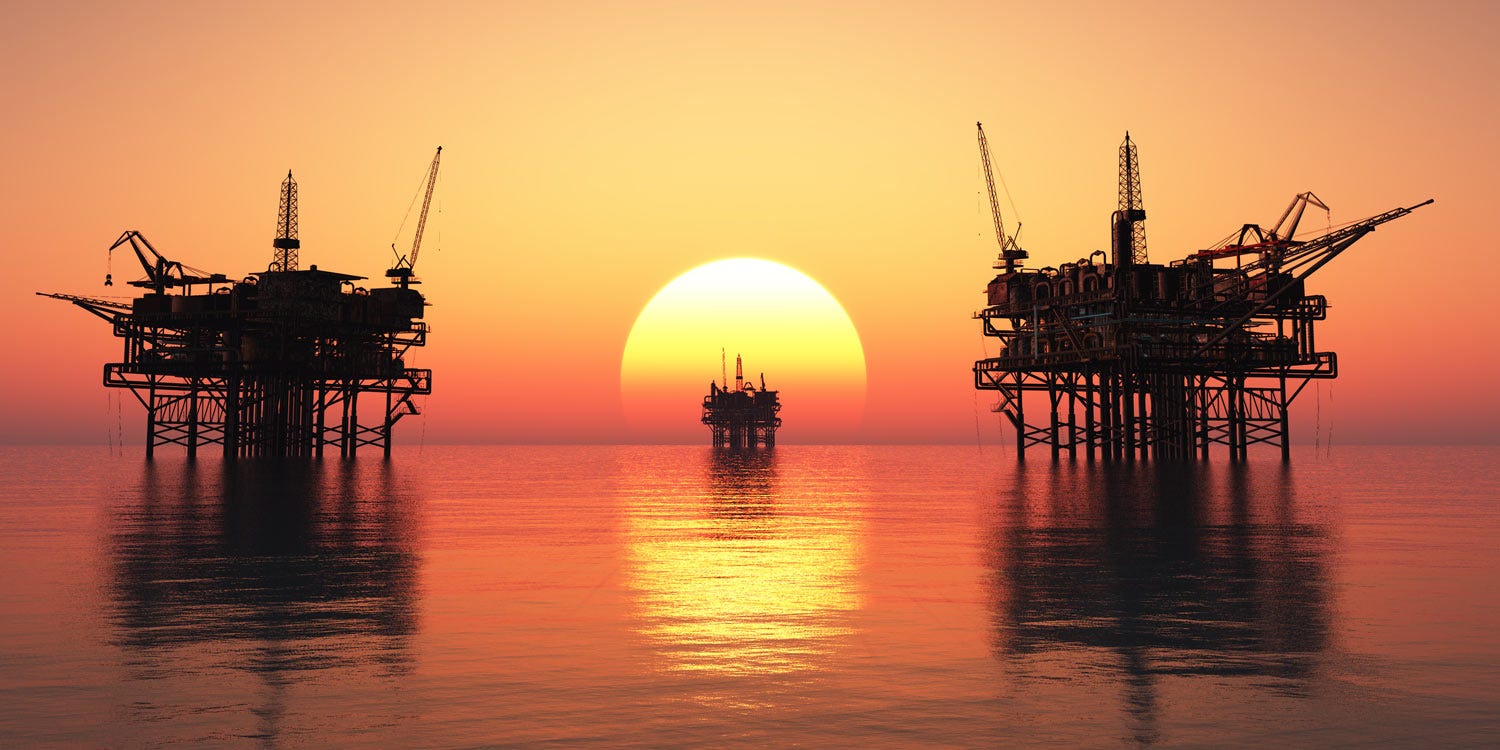Brace for the oil, food and financial crash of 2018
Posted by Big Gav in peak oil
Nafeez Ahmed has an article at Medium looking at the HSBC global oil supply report, declaring "80% of the world’s oil has peaked, and the resulting oil crunch will flatten the economy" - Brace for the oil, food and financial crash of 2018. He seems to be the one remaining actively writing peak oil doomer still out there - positioning himself for the next peak oil cycle...
But what if the HSBC supply forecast is correct?Firstly, oil price spikes would have an immediate recessionary effect on the global economy, by amplifying inflation and leading to higher costs for social activity at all levels, driven by the higher underlying energy costs.
Secondly, even as spikes may temporarily return some oil companies to potential profitability, such higher oil prices will drive consumer incentives to transition to cheaper renewable energy technologies like solar and wind, which are already becoming cost-competitive with fossil fuels.
That means a global oil squeeze could end up having a dramatic impact on continued demand for oil, as twin crises of ‘peak oil’ and ‘peak demand’ end up intensifying and interacting in unfamiliar ways.
Ahmed has another article at Medium covering similar ground - Why the United States is at war with itself.
And perhaps the biggest symptom of the dire state of this crisis is the inability to agree on what the crisis is, or whether it even exists. Consider the fact that the President-elect of the United States plans to appoint Rex Tillerson, CEO of ExxonMobil, as his Secretary of State. ExxonMobil is the giant oil conglomerate which, despite its own scientific research confirming the reality of climate change in the 1970s, went on to fund climate denialism to the tune of tens of millions of dollars.Trump wants to burn as much fossil fuels as he can to ‘make America great again.’
And this, at a time when scientists warn that even if the Paris Agreement is implemented in full, we may still be on track for a catastrophic rise of at least 4C by 2100, continually rising to 10C by 2300: an uninhabitable planet for hundreds of years.
This risk is well-known, but as might be expected in the Age of Confusion, its relationship to net energy decline — and how the latter will permanently transform the geopolitical order within our lifetimes — is not.
While fracking companies rejoice at the heyday of accelerating shale oil and gas production, they ignore the fact that these meteoric production levels have come at an increasing cost: the dirtier, polluting environmental impacts of unconventional fuels; the higher cost of the new technologies to extract and refine these fuels — costs which are permanently transforming the economics of energy.
Over the last few decades, the Energy Return on Investment — the amount of energy we can extract compared to the energy necessary to enable that extraction — has dramatically declined. In fact, between 1960 and 1980, while oil, gas and coal production was rising, the world average value EROI declined by more than half from 35 to 15.
It continues to decline. In the US, for instance, the EROI value of shale oil and gas is about 11. In other words, the total value of energy we are able to produce from the global fossil fuel resource base is decreasing. The more we produce, the faster we produce, the more we accelerate the problem.







